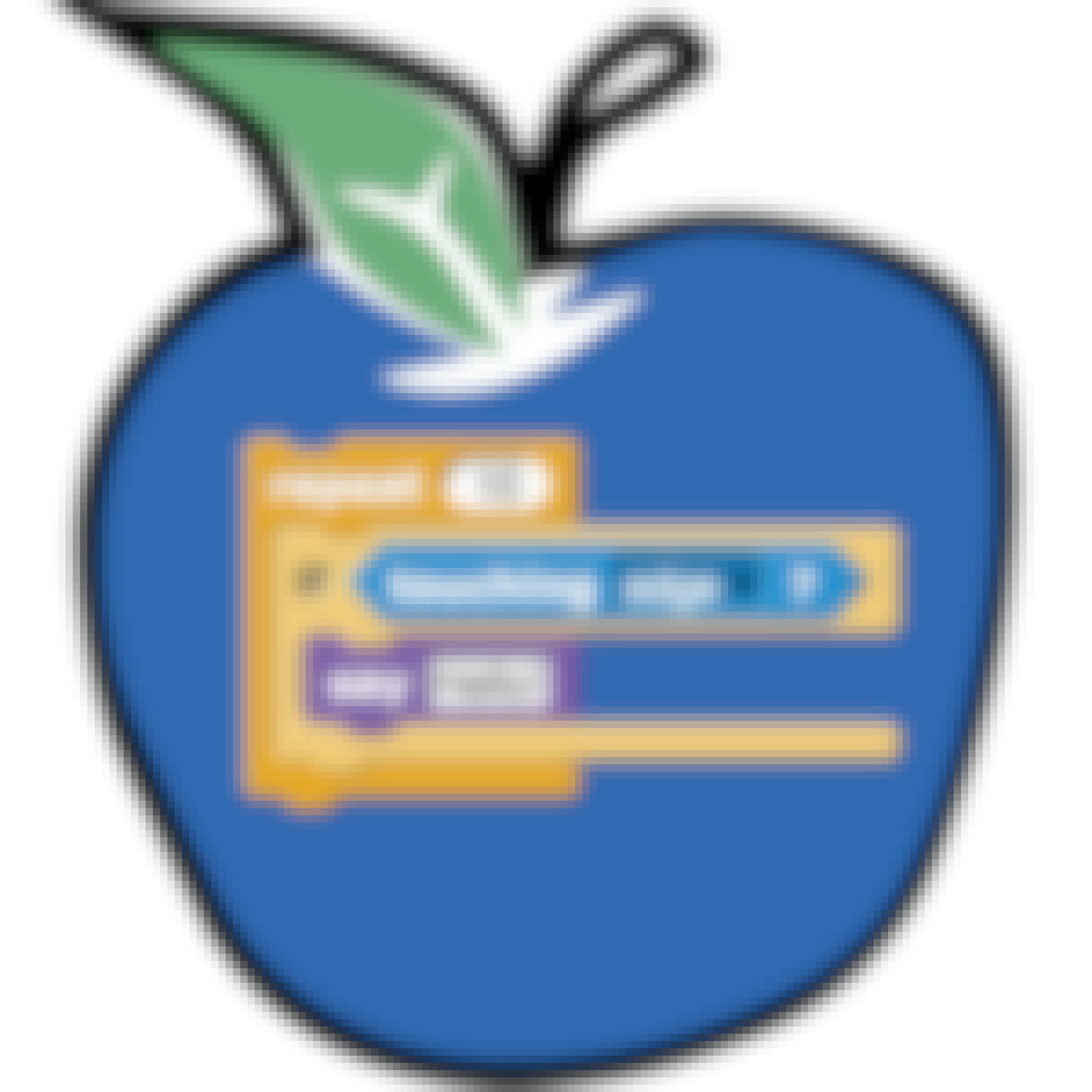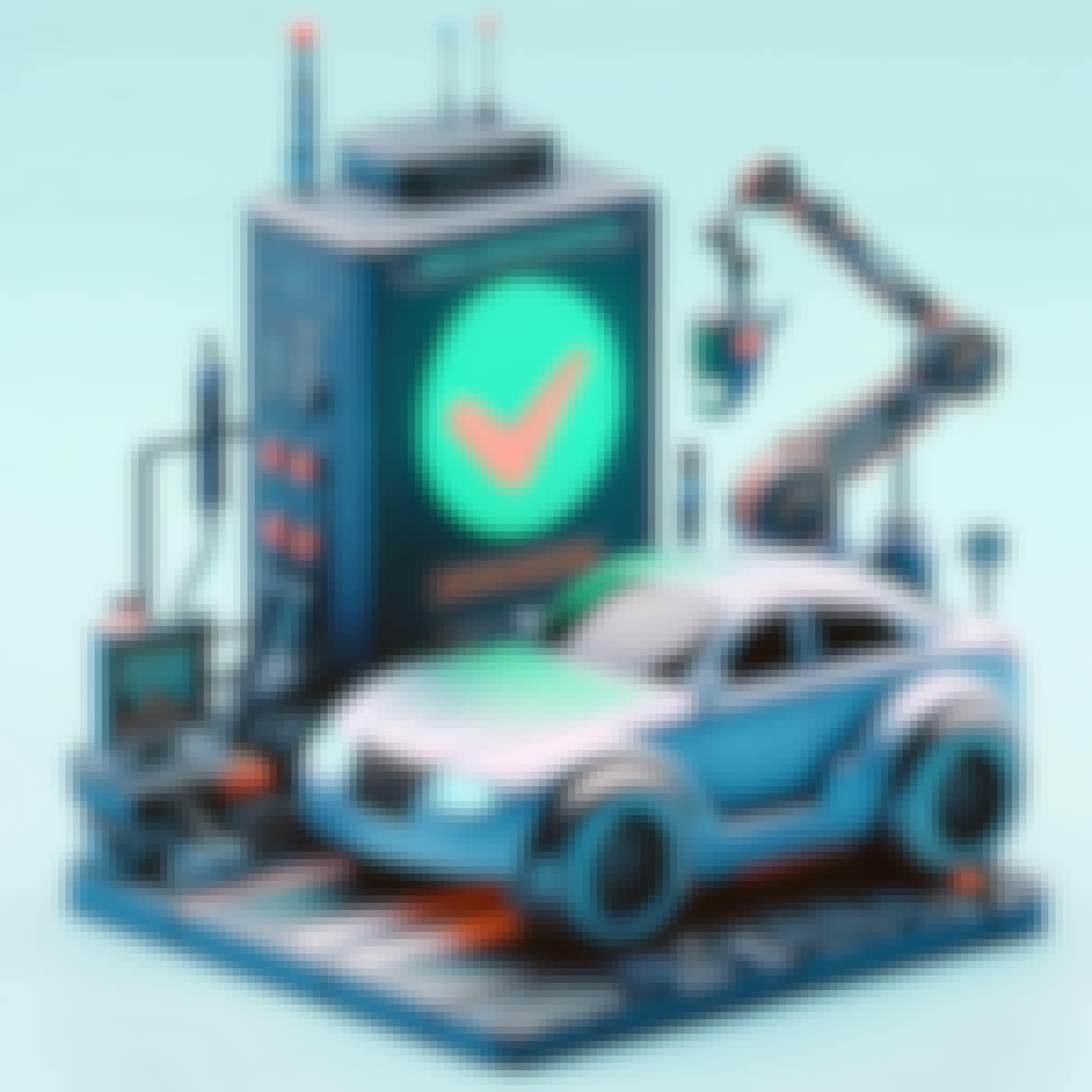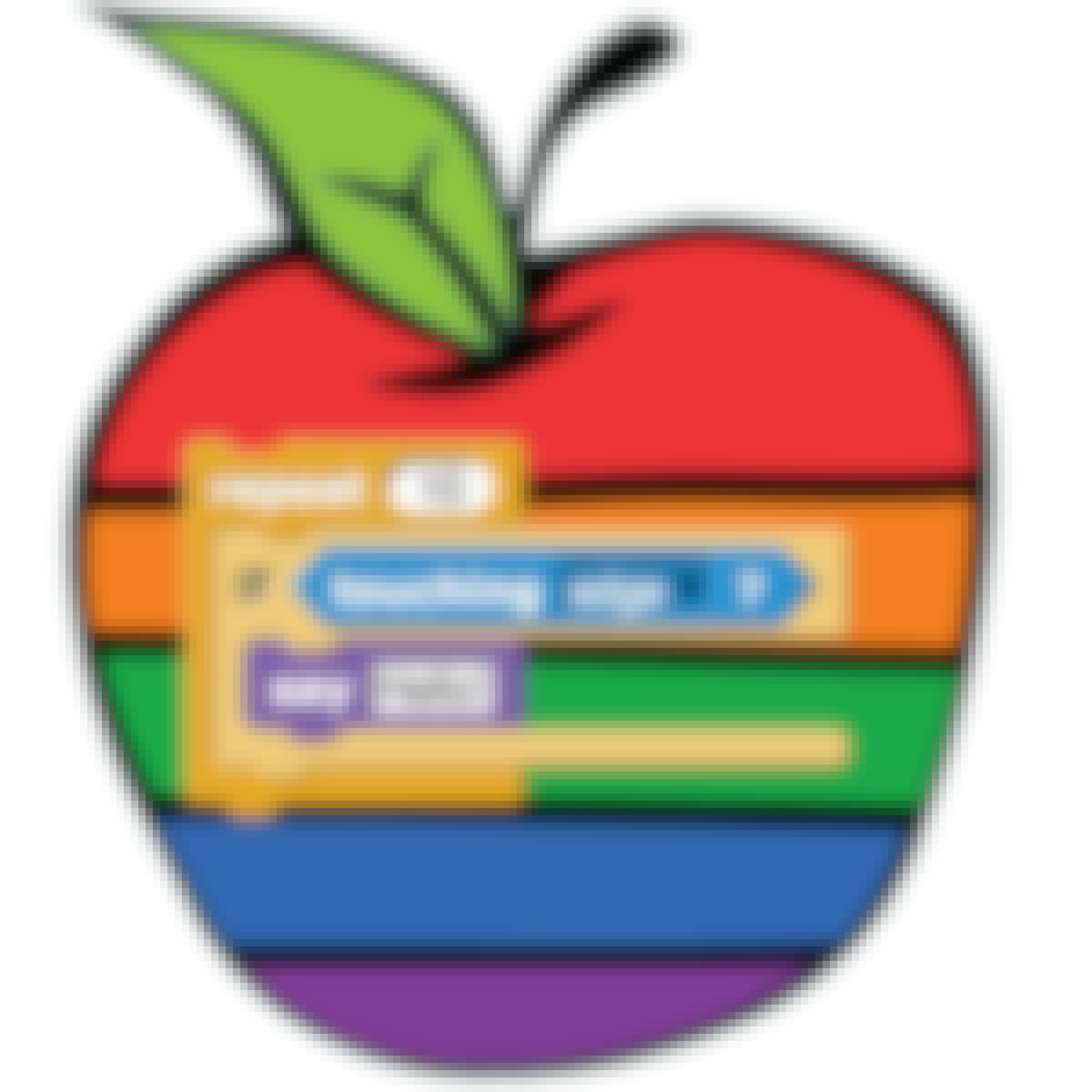Filter by
SubjectRequired
LanguageRequired
The language used throughout the course, in both instruction and assessments.
Learning ProductRequired
LevelRequired
DurationRequired
SkillsRequired
SubtitlesRequired
EducatorRequired
Explore the Computational Linguistics Course Catalog



Coursera Project Network
Skills you'll gain: Object Oriented Programming (OOP), C# (Programming Language), Object Oriented Design, Application Development, Data Structures, Computational Thinking

Skills you'll gain: Object Oriented Design, Ruby (Programming Language), Object Oriented Programming (OOP), Software Design, Debugging, Unit Testing, Computer Programming, Scripting Languages, File Management, Programming Principles, Development Environment, Software Testing, Computational Logic, Data Structures, Scripting, Software Installation, Command-Line Interface

Skills you'll gain: Engineering Analysis, Simulations, Thermal Management, Mechanical Engineering, Hydraulics, Engineering, Numerical Analysis, Mathematical Modeling, Physics


University of California San Diego
Skills you'll gain: Debugging, Program Development, Programming Principles, Computational Thinking, Diversity Equity and Inclusion Initiatives, Computer Programming, Computer Science


Codio
Skills you'll gain: Algorithms, Data Structures, Java, Theoretical Computer Science, Computer Programming, Programming Principles, Computational Thinking, Program Development


Universidad de Palermo
Skills you'll gain: Eclipse (Software), Object Oriented Programming (OOP), Java, Integrated Development Environments, Data Structures, Java Programming, Computer Programming, Algorithms, Development Environment, Data Import/Export, Computational Thinking, Debugging


University of California San Diego
Skills you'll gain: Debugging, Computer Programming Tools, Software Development Tools, Program Development, Computational Thinking, Computer Programming, Development Environment, Computer Science


University of Colorado Boulder
Skills you'll gain: Verification And Validation, Computational Logic, Theoretical Computer Science, Automation, Systems Engineering, Systems Design, Systems Analysis, Algorithms, Safety and Security


University of California San Diego
Skills you'll gain: Algorithms, Programming Principles, Computational Thinking, Pseudocode, Computer Programming, Code Review, Software Documentation, Debugging


University of California, Davis
Skills you'll gain: Debugging, Web Scraping, Data Manipulation, Data Access, Text Mining, Python Programming, Probability & Statistics, Computational Thinking, Data Structures, Application Programming Interface (API)

Skills you'll gain: Tensorflow, Image Analysis, Keras (Neural Network Library), Applied Machine Learning, Google Cloud Platform, Deep Learning, Computer Vision


University of Colorado Boulder
Skills you'll gain: Computational Logic, Theoretical Computer Science, System Requirements, Requirements Analysis, Verification And Validation, Linear Algebra, Applied Mathematics
In summary, here are 10 of our most popular computational linguistics courses
- Create C# App Inheritance, Composition, and Aggregation: Coursera Project Network
- Learn to Code with Ruby: Packt
- Dinámica de fluidos computacional aplicada: Siemens
- Computational Thinking for K-12 Educators: Conditional Loops and If Statements: University of California San Diego
- Java: Algorithms: Codio
- Introducción a Java: Universidad de Palermo
- Computational Thinking for K-12 Educators: Nested If Statements and Compound Conditionals : University of California San Diego
- Verification and Synthesis of Autonomous Systems: University of Colorado Boulder
- Computational Thinking for K-12 Educators Capstone: University of California San Diego
- Python Basics: Retrieving Online Data: University of California, Davis













